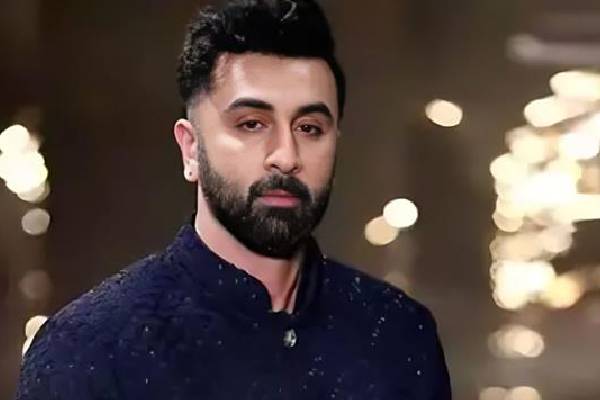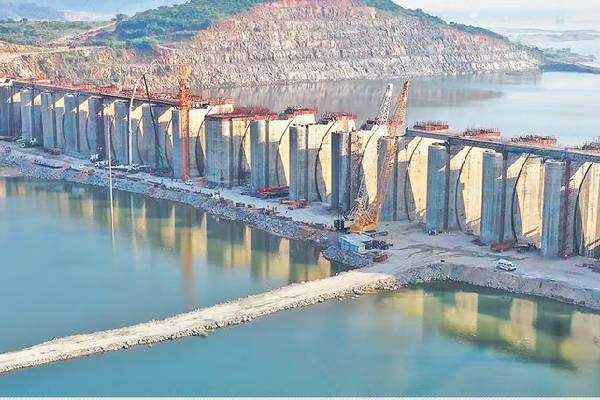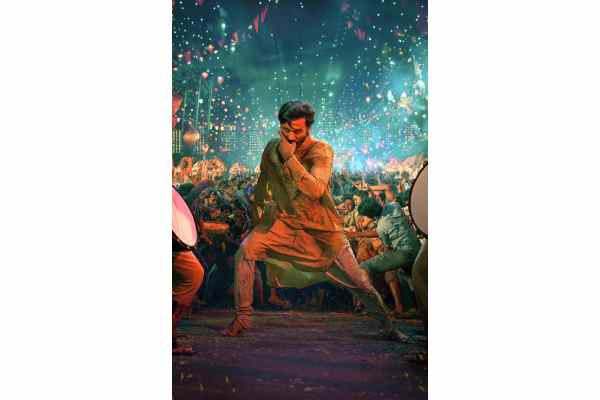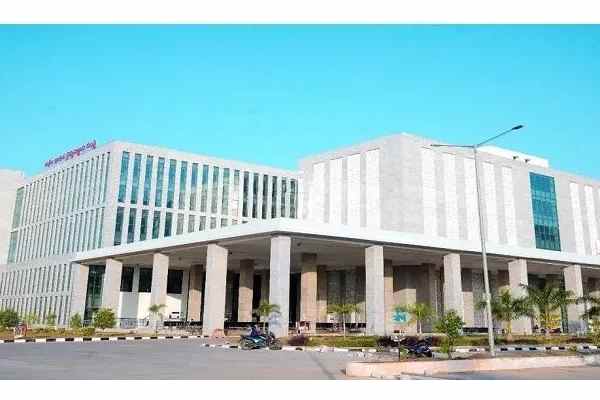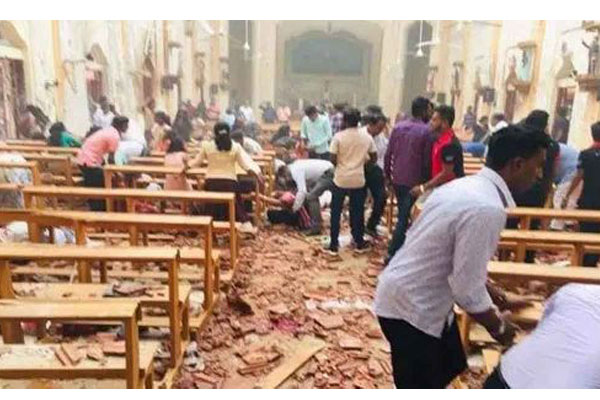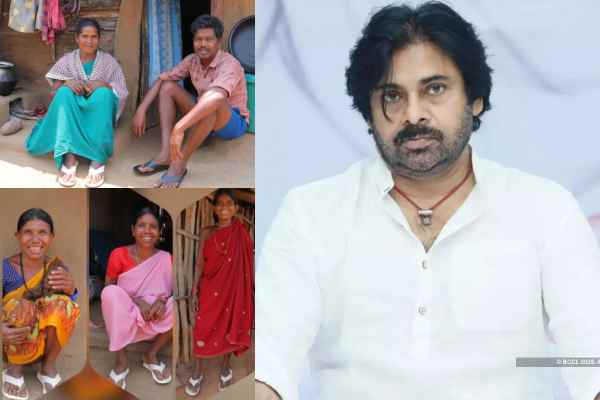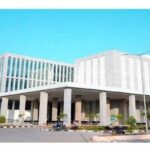At least 168 people were killed and more than 400 injured when a string of suicide bombings rocked luxury hotels and churches in Sri Lanka on Easter Sunday in the island’s bloodiest day since the end of the civil war, media reports said.
The deadly explosions rocked at least three luxury hotels and a church each in Colombo, in Katana, some 50 km north of the capital, and in the eastern province of Batticaloa around 8.45 a.m. when hundreds were gathered to celebrate Easter.
The state-run Daily News newspaper put the fatalities at 168 and said at least 402 were injured. Many of the injured were said to be in serious condition. But other news outlets gave varying casualty figures, ranging from 70 to 100.
Minister of Economic Reforms Harsha de Silva, who visited a few of the attack sites, described the carnage.
“Horrible scenes. I saw many body parts strewn all over. Emergency crews are at all locations in full force. (…) We took multiple casualties to hospital. Hopefully saved many lives,” Efe news quoted the Minister as saying.
Images circulated in local media showed the magnitude of the explosion in at least one of the churches, where the ceiling had been partially destroyed, and corpses were strewn around among the rubble, Efe reported.
Rescuers desperately looked for survivors.
The Minister said that some of the casualties were foreigners.
President Maithripala Sirisena, in a special message which was read out on local news channels, urged the public to remain calm and cooperate with the authorities to conduct swift investigations into the blasts, reported Xinhua news agency.
“I am shocked and saddened by the situation that has occurred. Investigations have been launched to look into what conspiracy is behind these heinous acts. Please remain calm and do not be fooled by rumours,” Sirisena said.
No one has yet claimed responsibility for the attacks.
Christians in Sri Lanka had been celebrating the Easter Sunday, an important festival marking the resurrection of Jesus Christ and the culmination of week-long festivities.
Christians form around 7 per cent of the Sri Lankan population, with the Buddhists accounting for around 70 per cent, followed by Hindus and Muslims.
Sri Lanka’s dragging civil war involving the government and the Tamil Tigers ended in May 2009, leading to a decade of peace.





















